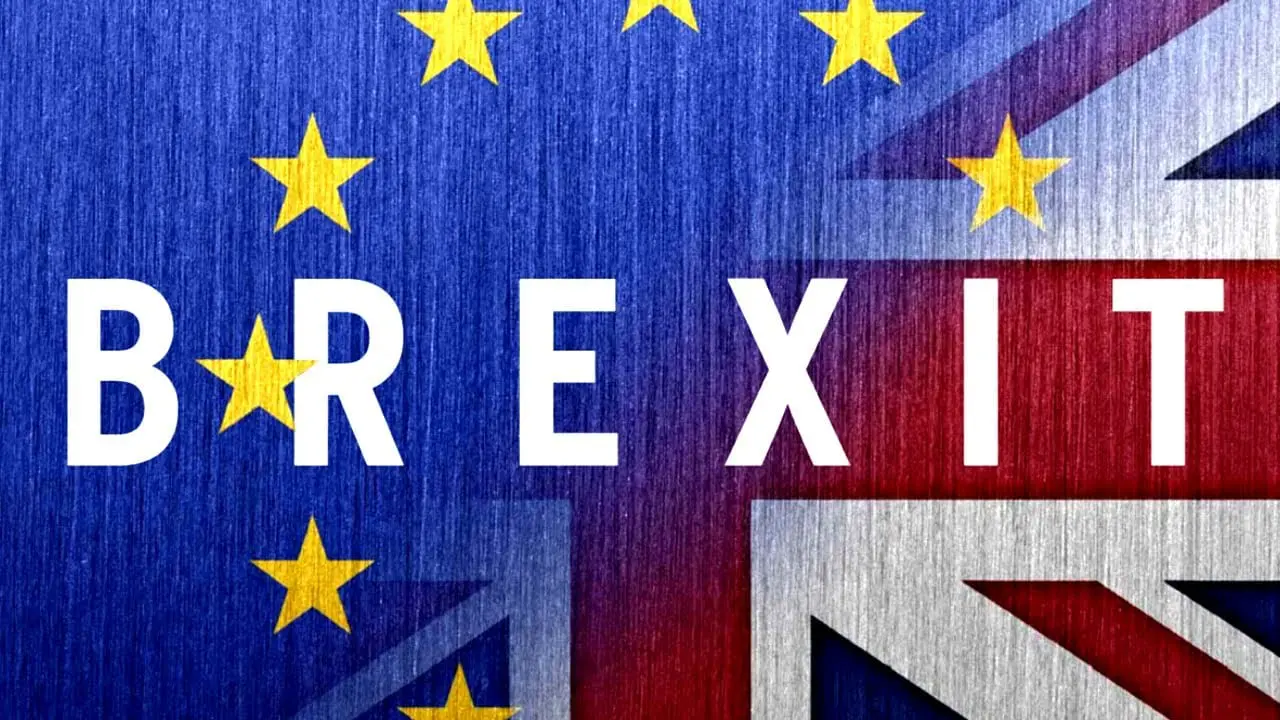Even though we’re less than half-way through it, 2020 looks like it’s going to go down as one of the most eventful years in human history. While the COVID19 pandemic will undoubtedly be followed by an analysis of what could have been done better, now may be a good time to appreciate what has gone well.
Supermarket shelves still have food on them
It’s probably fair to say that the Coronavirus divided the UK into three groups of people. The first group saw it coming and prepared at their leisure. The second group didn’t see it coming, panicked and stockpiled what they saw as essential supplies (including food, toilet paper and hand sanitiser). The third group didn’t see it coming but didn’t panic either. Consciously or unconsciously, they trusted the supply chain and their trust has been rewarded.
Even though supermarkets experience the sort of frenzied panic buying usually associated with Black Friday, there was always some form of food available (for both humans and their pets). Shortages of other items have only been temporary. Online retail has continued much as normal and now more brick-and-mortar retailers are easing themselves back into business. Hopefully, this gradual reopening of UK PLC will help to reduce the impact on people’s livelihoods without risking their lives.
Hospitals are still running
The government has been criticised for failing to ensure adequate supplies for the medical personnel treating COVID19. In particular, it has been criticised for lack of personal protective equipment and lack of tests. While this is indisputably valid criticism, a key point to note is that the failure was caused by the decision not to buy these supplies at an early stage rather than a failure to get them from where they were stored to where they were needed. Once the supplies were bought, they were swiftly delivered and all the signs are that hospitals will continue to receive the essential supplies they need to fight the Coronavirus.
Outside of the COVID19 situation (which, in fairness, is a substantial caveat), hospitals are functioning largely as normal in the sense that the lights are on, water is running and everyone is being appropriately fed. Given the situation, this is arguably a major achievement and a tribute to everyone involved in the supply chain (as well as the staff who have continued going into work to keep hospitals running and patients as safe as they can be).
Essential workers can still get to work
The UK may be in lockdown, but some people still have to go to work. In fact, if there’s one facet of UK life which has been highlighted by the Coronavirus it’s the number of people for whom work is tied to a place, not just an activity. It’s also highlighted how many of those are essential workers. In fact, it’s even highlighted just how many jobs are essential to keeping the UK at even a minimal level of functionality. For example, while many people would probably have classed the emergency services as being essential, how many would have thought to include the logistics and haulage industries, warehouse workers and supermarket staff?
Public transport is still running, albeit on a revised timetable in most cases. People are still able to put fuel in their cars and buy any equipment they need to keep them on the road if only online. They may not be able to travel abroad, but they still have electricity and internet so they can connect with people overseas.
Interestingly, the COVID19 pandemic has also highlighted just how many people can work from home and these people can also access the systems they need, which are being kept running by on-site essential workers.
If you need haulage support, please contact us.



Recent Comments